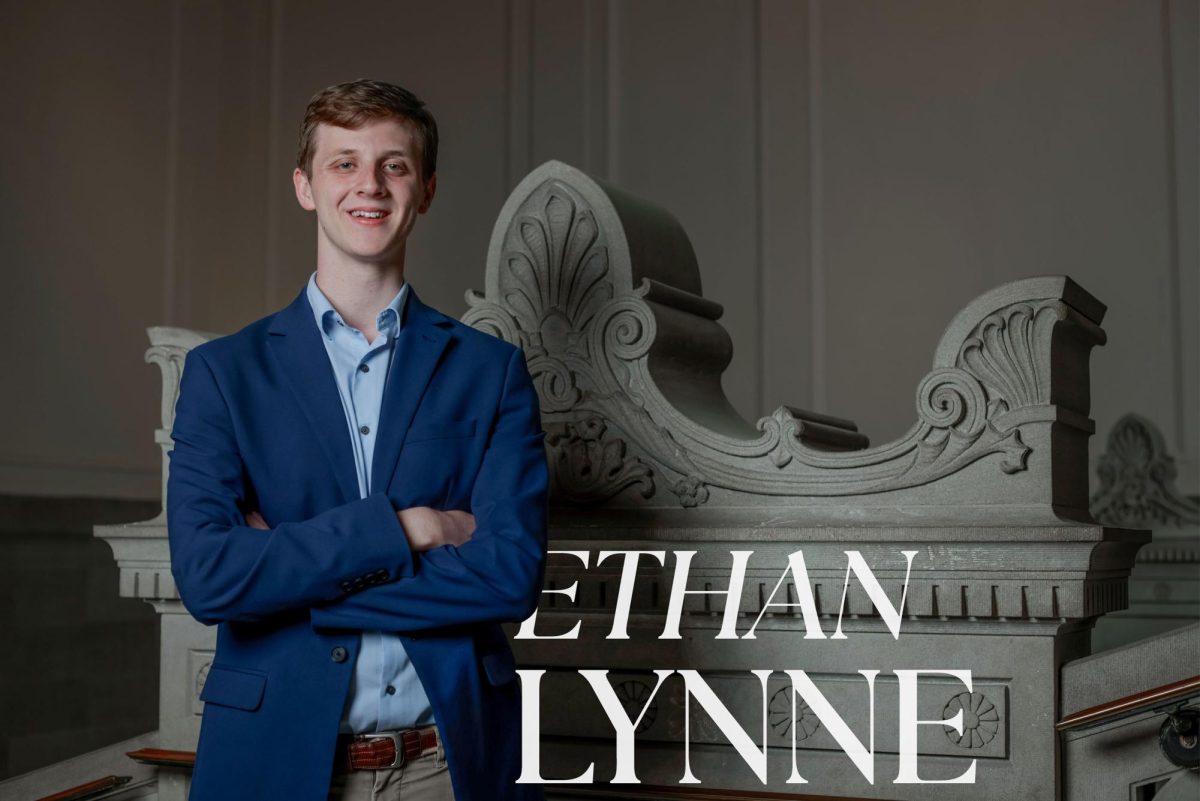One of the key sponsors of campaign finance reform said Tuesday the Enron scandal is helping his cause.
At a University Club luncheon, Rep. Martin Meehan (D-Mass.) told about 100 students and faculty members that large campaign donations can give donors “undue influence” on government decisions, citing Enron as an example.
“No member (of Congress) should be able to pick up the phone, call a company or union and ask for millions of dollars,” he said. “The system makes good people do bad things when people raise six-figure sums.”
The discussion was the first in the club’s “In The Know” Series that will draw political leaders, artists and other notable figures to the 19th Street club.
Meehan correctly predicted that President George W. Bush would center Tuesday night’s State of The Union address on the war on terrorism.
He said he sees a positive change in the United States in the aftermath of the attacks.
“The country came together, and Congress came together,” he said, citing bipartisan agreement on military force and intelligence bills, which he said are normally very divisive issues.
Meehan co-sponsored the House counterpart to the McCain-Feingold campaign finance reform bill with Rep. Christopher Shays (R-Conn.). The bill bans “soft money,” a form of legal donation that allows companies, labor unions and other organizations to give unlimited amounts of money to political parties.
On Jan. 24, a discharge petition to force a vote on the Shays-Meehan bill garnered enough signatures to bring the bill to a vote. After the lunch, Meehan said he expects the vote to take place in late February or early March. He said he is confident Bush will sign the bill into law if it passes both the House and Senate.
“I think when it’s all done, there will be all kinds of evidence on special favors (for Enron),” he said. “Enron didn’t do that badly. They made $256 million off of the elimination of corporate minimums (tax), which isn’t a bad investment for $4 million of soft money.”
In response to a question, Meehan said there would still be enough money available for campaigns without soft money, pointing out that he did not believe short television ads are necessary.
“I don’t think a 30-second TV ad is intelligent or adds to the debate,” Meehan said. “If anything, it takes away.”
He said he would be willing to support an increase in other “hard” donations, which have limits on the amount that can be donated to a party or individual campaign, if soft money is banned.
Meehan also discussed ways to keep young people from leaving public service positions for higher paying private-sector jobs. He suggested the terrorist attacks of Sept. 11 have led people to view public service in a more positive light.
“We’re looking at life a little differently (now),” he said.
Meehan praised Secretary of Defense Donald Rumsfeld and the Bush administration’s foreign policy team, which he called “the most experienced team” in his lifetime.
Meehan represents Massachusetts’s Fifth District, which includes Andover, Lawrence, Lowell, Marlborough and Sudbury, Mass.
College Democrats President Jesse Demastrie, who interned for Meehan two years ago, said he enjoyed the lunch.
“I really admire his position on campaign finance reform,” Demastrie said. “I have a passion for it, and it’s a very important issue.”
Mike Gargano, assistant vice President of Student and Academic Support Services and GW graduate Will Keyser, Meehan’s senior adviser, introduced the congressman.
Gargano said the next event of the series comes Feb. 11, with U.S. News and World Report columnist Gloria Borger.





